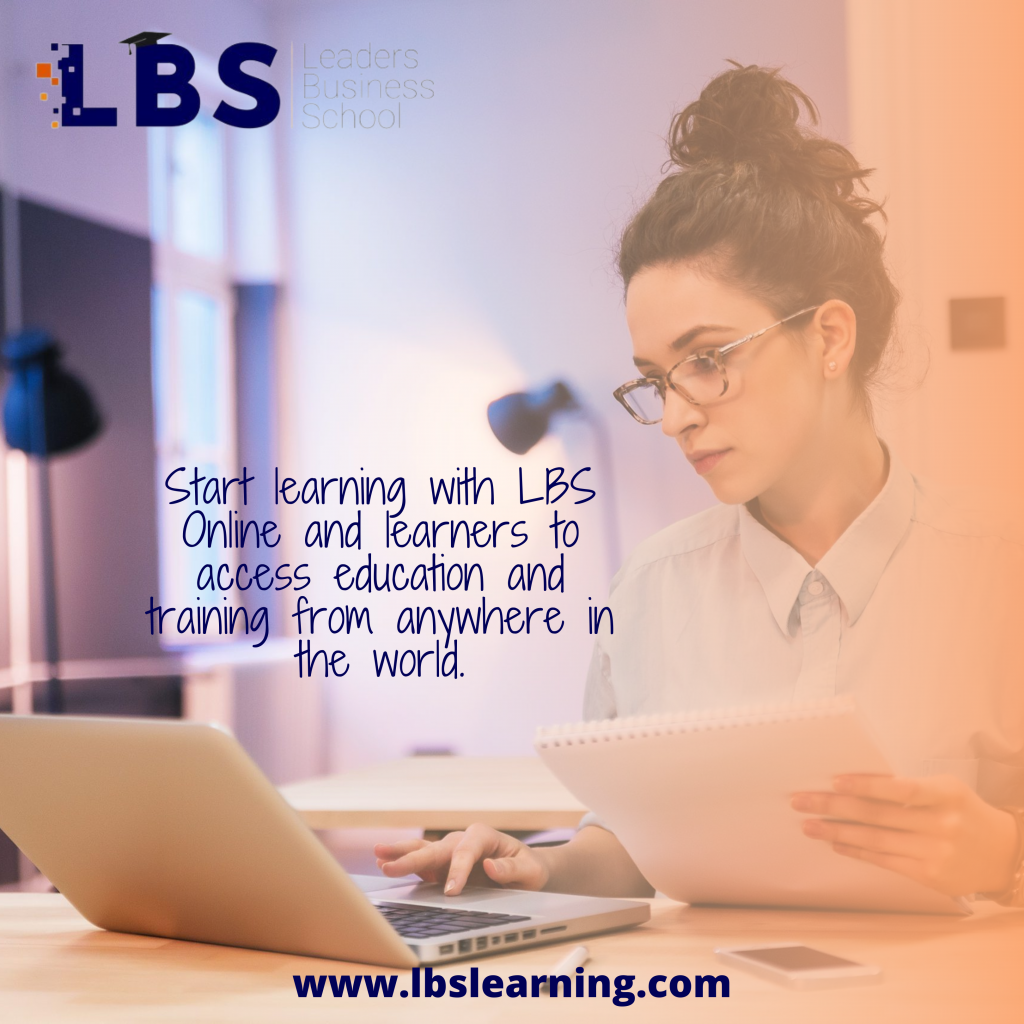The world of education has undergone a significant transformation over the last few years, and e-learning has played a crucial role in that. E-learning, or online learning, has provided a platform for students.
With the advent of technology, e-learning has become a popular choice for people who want to learn new skills or advance their education. In this article, we will discuss the benefits and drawbacks of e-learning and how it can revolutionize the future of education.
Benefits of E-learning
Flexibility: One of the most significant benefits of e-learning is the flexibility it offers. Learners can choose when and where they want to study, and they can do it at their own pace. This flexibility is particularly useful for people who work full-time or have other commitments, as they can fit their studies around their schedule.
Accessibility: E-learning provides access to education for people who may not have been able to attend traditional schools or universities. It has enabled people who live in remote areas or have disabilities to access education and training that was previously unavailable to them.
Cost-effective: E-learning can be a cost-effective way to learn new skills or obtain a degree. Online courses are often less expensive than traditional classroom courses, and learners can save money on travel, textbooks, and other expenses associated with attending a physical location.
Personalized learning: E-learning platforms allow learners to personalize their learning experience. They can choose the courses that are most relevant to their interests or career goals and work at their own pace.
Drawbacks of E-learning
Lack of interaction: One of the main drawbacks of e-learning is the lack of face-to-face interaction with instructors and other students. Learners may feel isolated or struggle to ask questions or get feedback on their work.
Technical difficulties: Technical difficulties such as slow internet connections, computer crashes, or platform malfunctions can be frustrating for learners and disrupt their learning experience.
Self-discipline: E-learning requires self-discipline and motivation to succeed. Learners who struggle with time management or self-discipline may find it challenging to complete courses or achieve their learning goals.
Conclusion


